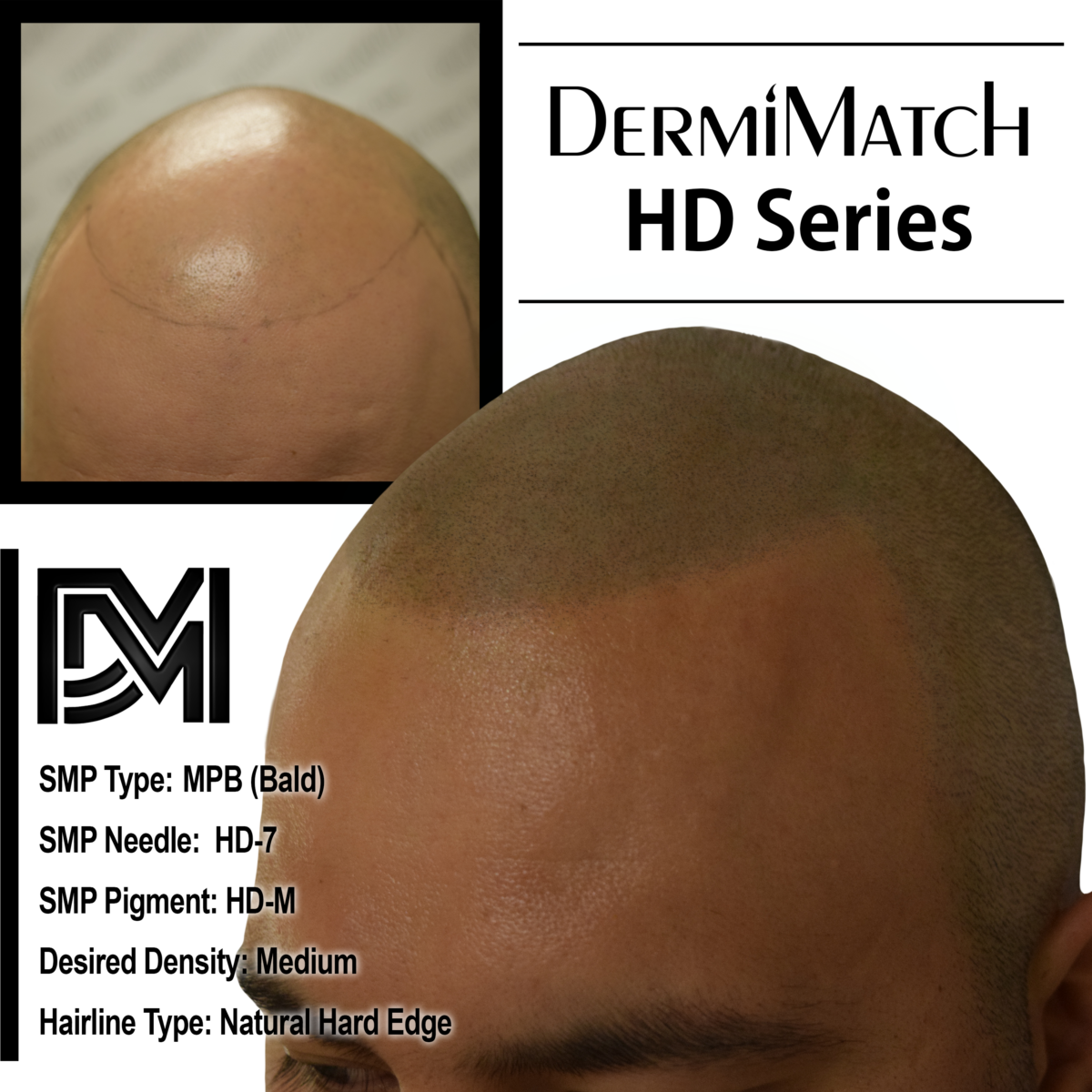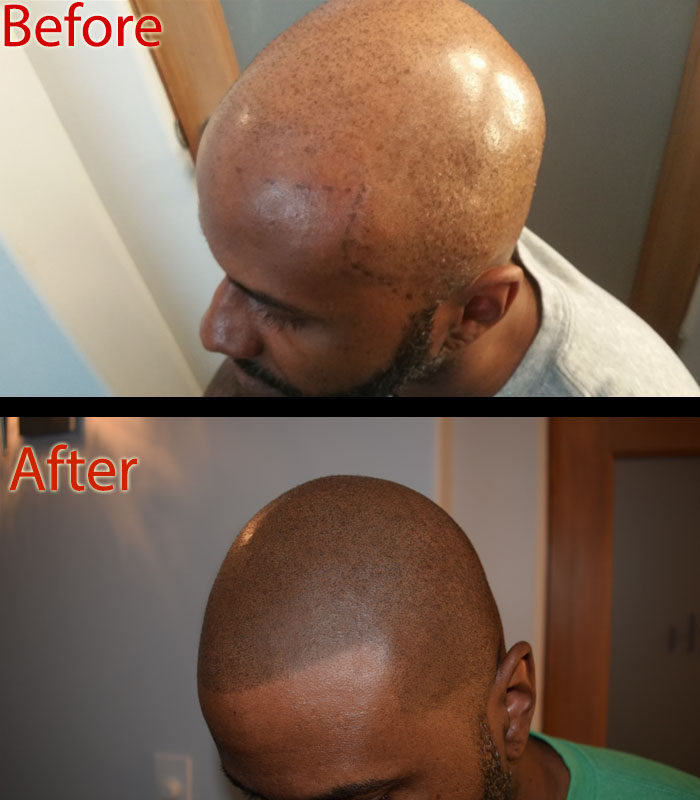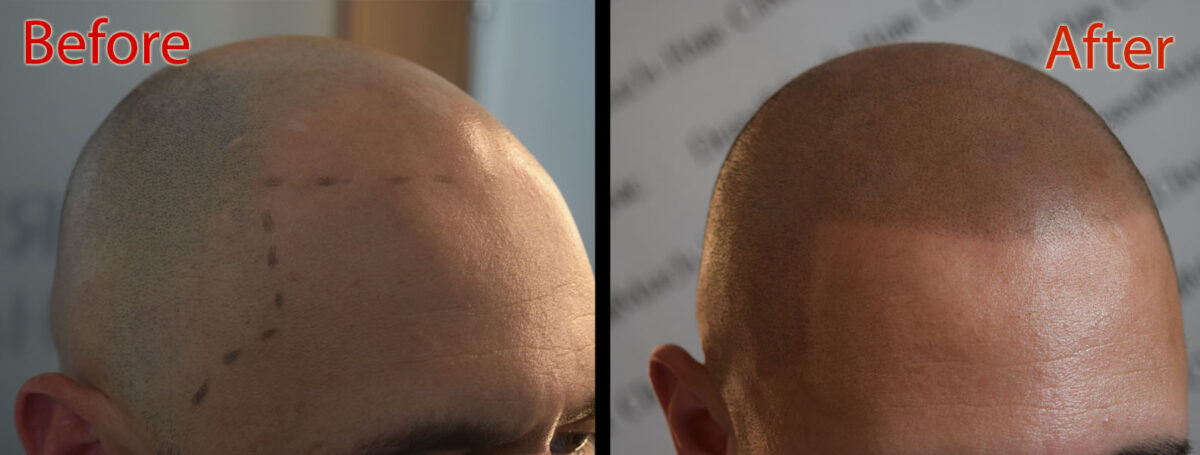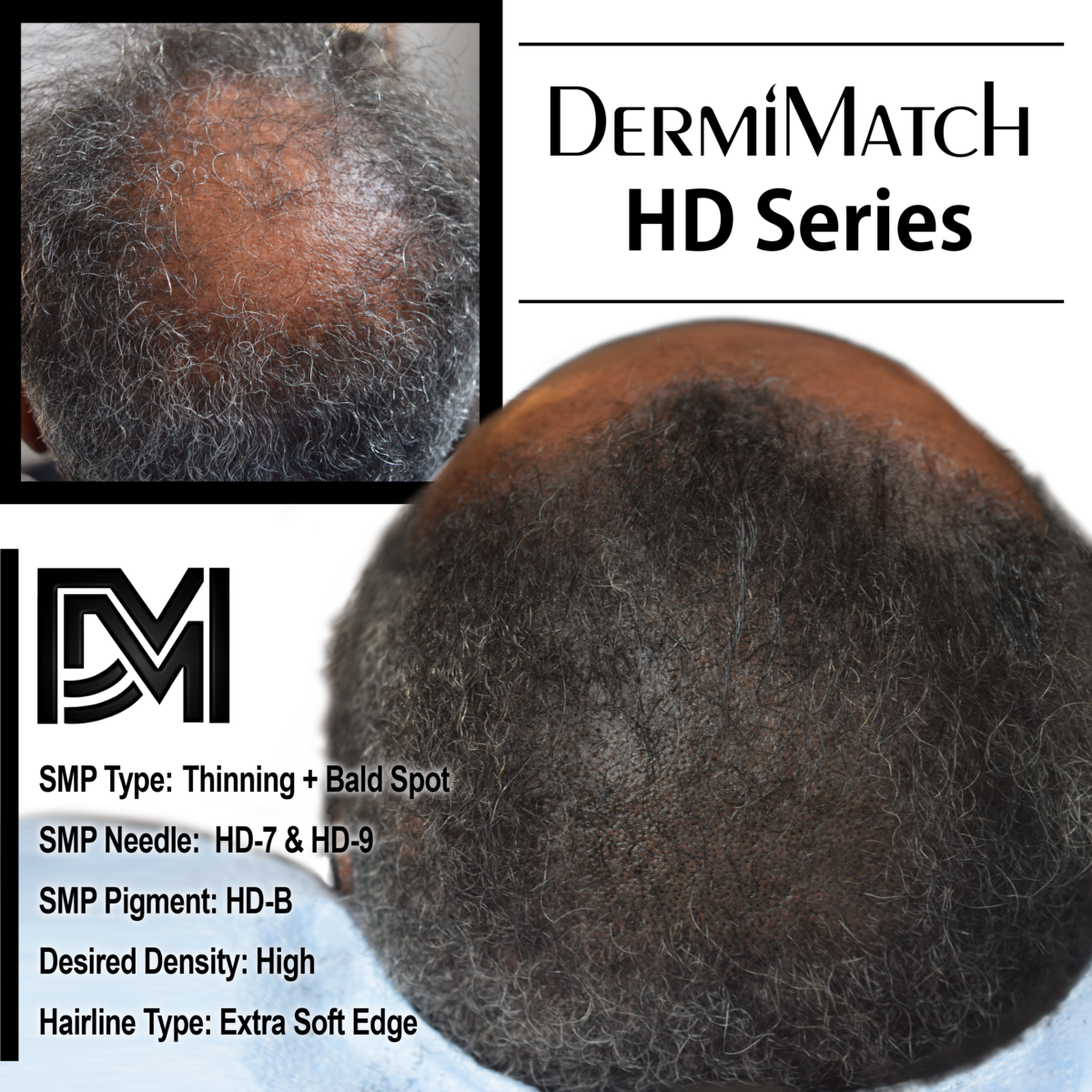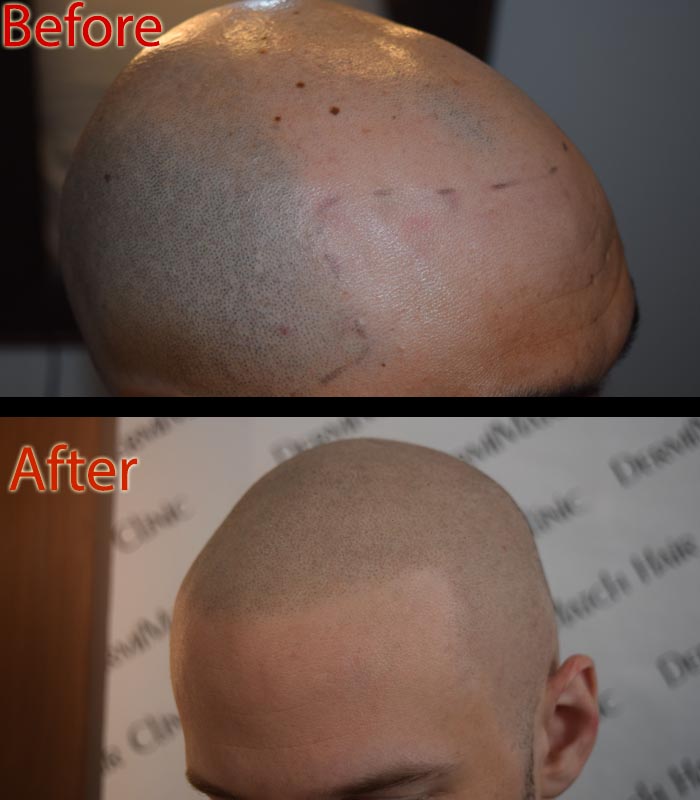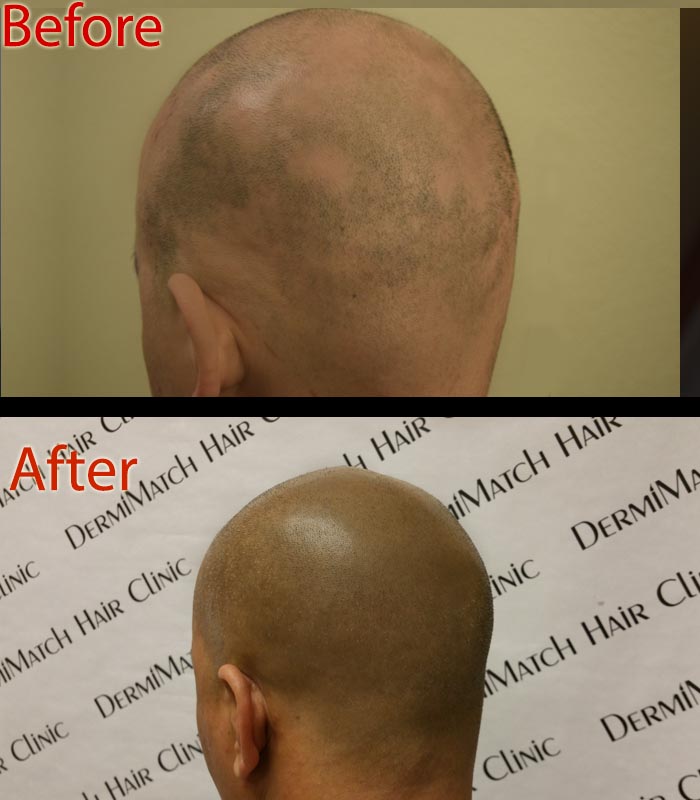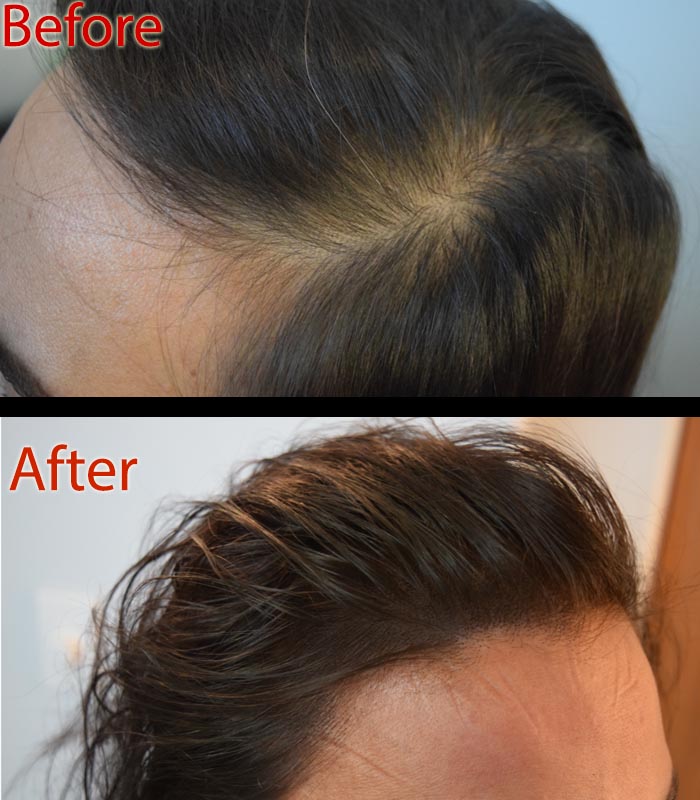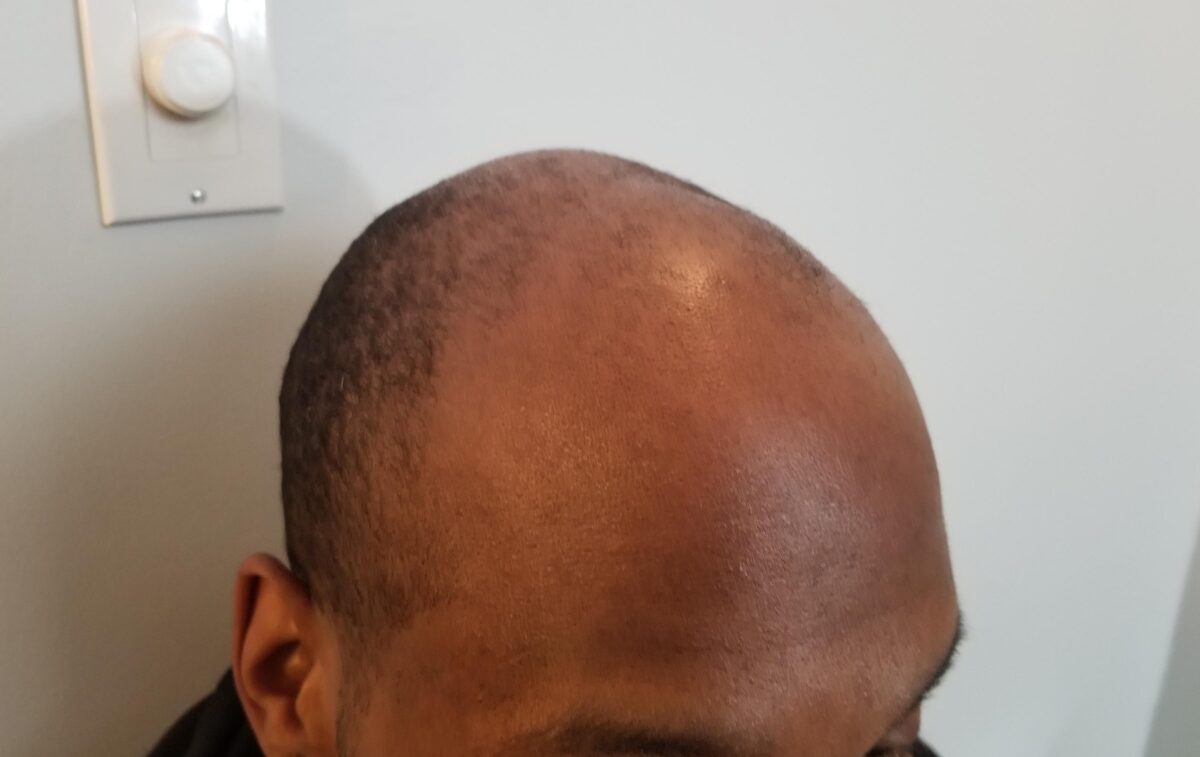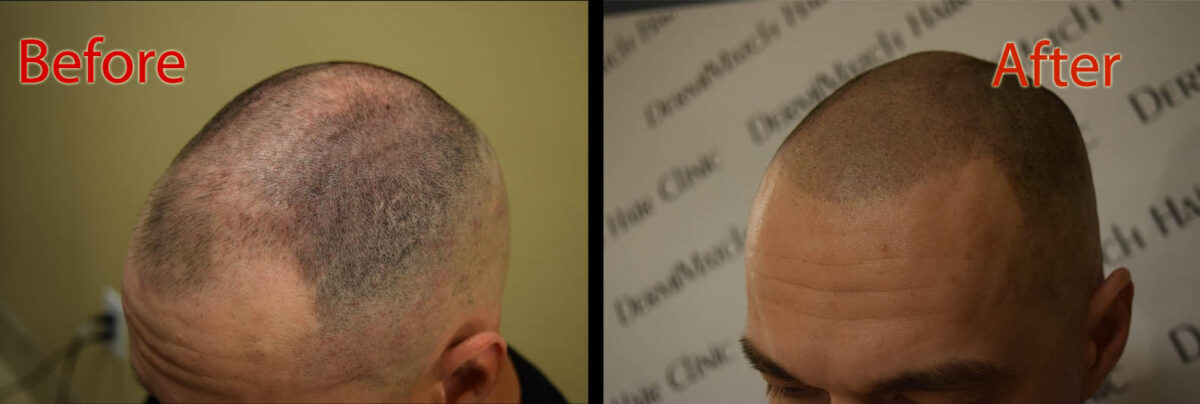Soy is a nutrient-rich superfood for healthy hair. The versatile plant-based protein source packed with nutrients can benefit your hair health too, just like fenugreek seeds. It’s a popular choice for vegetarians and vegans and offers a range of benefits for hair growth and overall hair health. Let’s explore if soy for hair growth works.
How Soy Supports Healthy Hair Growth?
Protein Powerhouse
Soy is a complete protein, containing all nine essential amino acids necessary for hair growth and repair. Protein is the building block of hair, and adequate protein intake is crucial for maintaining healthy hair follicles.
Biotin Benefits
When counting soy for hair growth benefits, it scores for being a natural source of biotin. What is biotin? It is a vitamin essential for hair and skin health. Biotin deficiency can lead to hair loss, so incorporating soybeans into your diet can help ensure adequate biotin intake.
Omega-3 Fatty Acids
Soybeans contain omega-3 fatty acids, which are essential for healthy hair growth. These fatty acids can improve blood circulation to the scalp, delivering essential nutrients to hair follicles and promoting healthy hair growth.
Antioxidant Protection
Soybeans are rich in antioxidants, such as isoflavones, which can help protect hair follicles from damage caused by free radicals. This can contribute to healthier, stronger hair.
Hormonal Balance
Isoflavones found in soybeans may also help regulate hormone levels, including dihydrotestosterone (DHT), which is linked to hair loss in men. By potentially reducing DHT levels, soy consumption may contribute to healthier hair growth.
How To Incorporate Soy for Healthy Hair into Your Diet?
There are many ways to incorporate soy into your diet:
Tofu
A versatile protein source that can be used in various dishes.
Tempeh
A fermented soy product with a chewy texture.
Soy milk
A plant-based milk alternative.
Edamame
Young soybeans that can be eaten whole or cooked.
Soybeans
Whole soybeans can be roasted, sprouted, or cooked as curry in various recipes.
Is Soy Effective for All types of Hair loss?
While a healthy diet rich in soy and other nutrients can support hair growth, there are instances where hair loss is severe or irreversible. In such cases, soy for hair growth may not work.
It may not be effective for people experiencing hair loss or baldness due to medication side effects, thyroid or any other health ailment, or even genetic hair loss.
In such cases, you may choose an alternative treatment. For example, scalp micropigmentation (SMP) can be a valuable solution. SMP involves the non-surgical application of pigment to the scalp to mimic the appearance of shaved hair follicles.
This can provide a natural-looking appearance and boost confidence for individuals experiencing hair loss.
By combining a healthy diet with SMP, individuals can take a comprehensive approach to addressing hair loss.
A well-rounded diet can support overall hair health, while SMP can provide a cosmetic solution for those with significant hair loss. Scalp micropigmentation works as an effective scalp camouflage treatment to hide scalp problems, from hair loss to pattern baldness.
Trust only Arizona SMP experts for the treatment. It is a skilled technique that requires the handiwork of scalp professionals. You cannot trust the treatment to inexperienced tatoo artists.
Get help from DermiMatch Clinic scalp experts in Arizona now.

